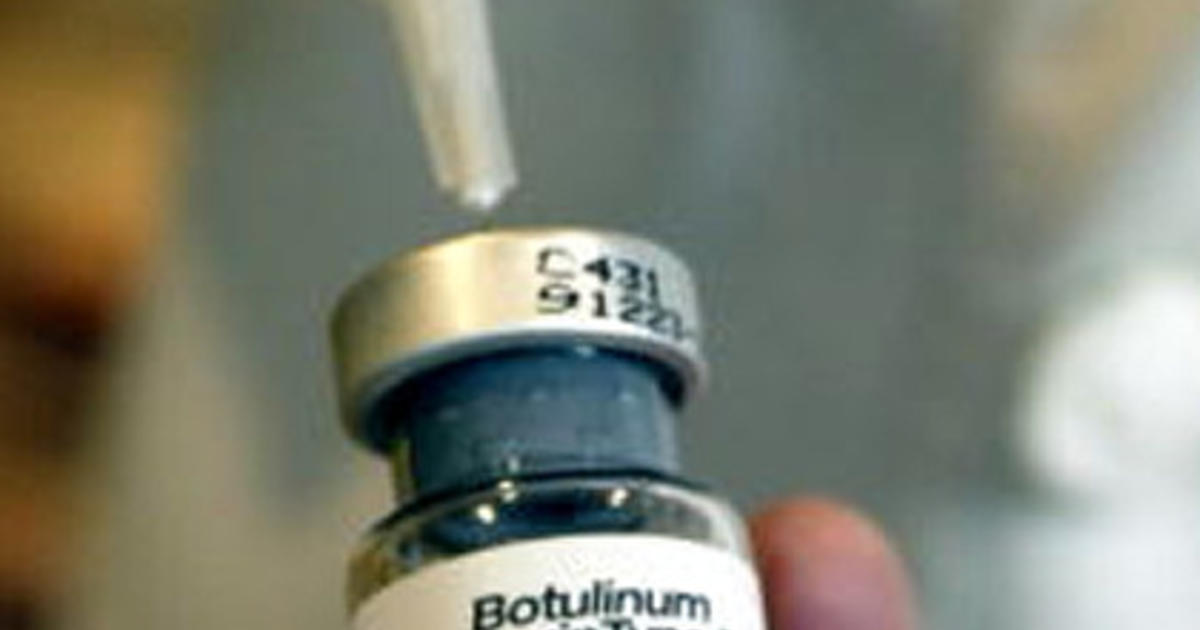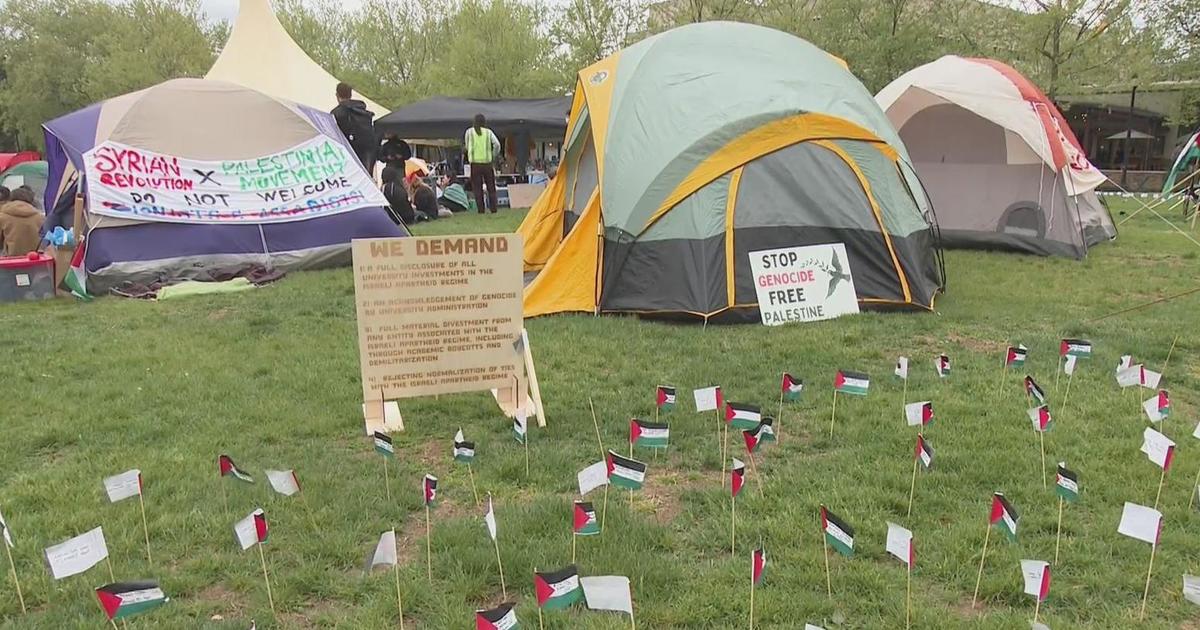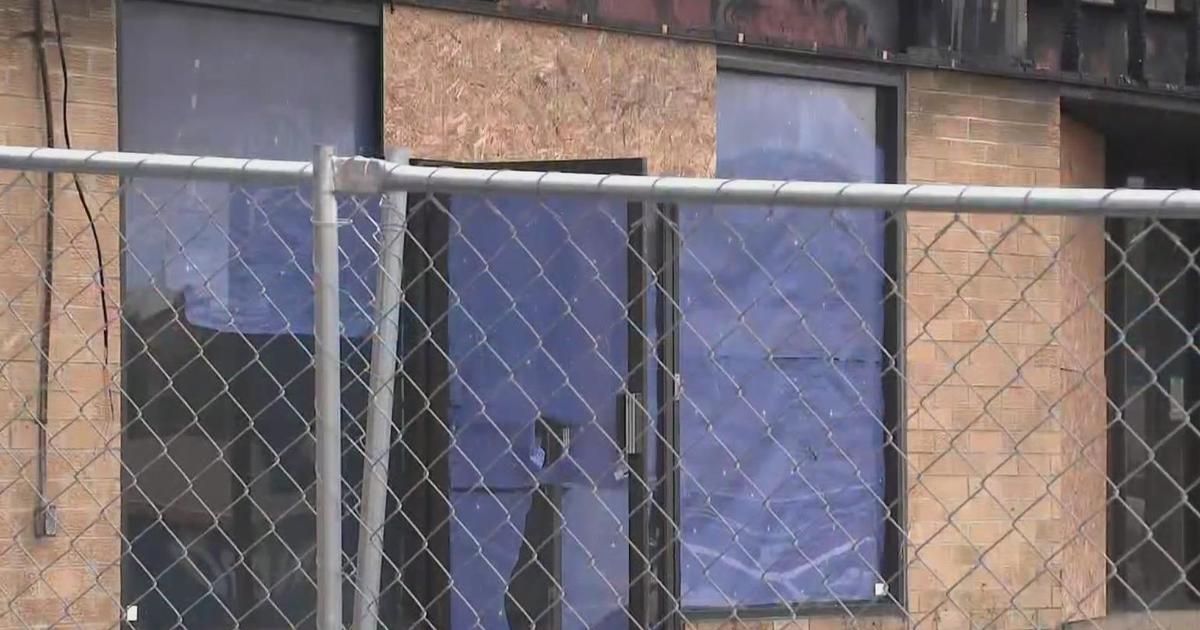US Gives Final Clearance To COVID-19 Vaccines For Kids 5 To 11
(AP/KDKA) - U.S. health officials on Tuesday gave the final signoff to Pfizer's kid-size COVID-19 shot, a major expansion of the nation's vaccination campaign.
The Food and Drug Administration already authorized the shots for children ages 5 to 11 — doses just a third of the amount given to teens and adults. But the Centers for Disease Control and Prevention recommends who should receive FDA-cleared vaccines.
The announcement by CDC director Dr. Rochelle Walensky came only hours after an advisory panel unanimously decided Pfizer's shots should be opened to the 28 million youngsters in that age group.
"Today is a monumental day in the course of this pandemic," Walensky told the advisory panel as it began its deliberations earlier Tuesday.
She said while the risk of severe disease and death is lower in young children than adults, it is real — and that COVID-19 has had a profound social, mental health and educational impact on youngsters, including widening disparities in learning.
"There are children in the second grade who have never experienced a normal school year," Walensky said. "Pediatric vaccination has the power to help us change all of that."
Pediatricians in parts of the country are ready to start getting shots into little arms as soon as they get the final OK, as Pfizer already has begun shipping millions of doses to states, doctors' offices and pharmacies.
Hieber's Pharmacy in Oakland has ordered 100 doses of the lower dose vaccine and is expecting it to arrive in about a week. Owner and pharmacist Rosemary Mahalko says people can book an appointment for kids on the pharmacy's website.
"It's a very exciting time for me especially as the owner of Hieber's Pharmacy. Way back when, when the polio vaccine was created, Hieber's was one of the first pharmacies to administer it so I just feel really honored and a part of history to administer the COVID vaccine from here as well."
Mihalko says going to an independent pharmacy to get the shot helps if kids are scared and resistant. She says they fill fewer prescriptions than bigger pharmacies so they have more time to spend with the little patient.
Many pediatricians and parents have clamored for protection for youngsters so they can resume normal childhood activities without risking their own health — or fear bringing the virus home to a more vulnerable family member.
And several panelists who've cared for hospitalized youngsters said they want parents with questions to know the shots are safe and far better than gambling their child will escape a coronavirus infection.
"I have vaccinated my kids," said CDC adviser Dr. Helen Keipp Talbot of Vanderbilt University, saying she wouldn't recommend something for other families unless she was comfortable with it for her own. "We have seen the devastation of this disease."
In the U.S., there have been more than 8,300 hospitalizations of kids ages 5 to 11, about a third requiring intensive care, according to government data. The CDC has recorded at least 94 deaths in that age group, with additional reports under investigation.
And while the U.S. has seen a recent downturn in COVID-19 cases, experts are worried about another uptick with holiday travel and as winter sends more activity indoors where it's easier for the coronavirus to spread.
Pfizer's kid shots contain a third of the vaccine dose that's already been used to vaccinate millions of people 12 and older. The 5- to 11-year-olds will receive two shots, three weeks apart, the same schedule as everyone else -- but a smaller amount in each shot, using a smaller needle.
A study of 2,268 youngsters found the kid-size vaccine is nearly 91% effective at preventing symptomatic COVID-19 -- based on 16 diagnoses among kids given dummy shots compared to just three who got the real vaccination.
CDC officials calculated that for every 500,000 kids this age vaccinated, between 18,000 and 58,000 COVID-19 cases would be prevented, and prevent anywhere from 80 to 226 hospitalizations.
The FDA examined more children, a total of 3,100 who were vaccinated, in concluding the shots are safe. The younger children experienced similar or fewer reactions -- such as sore arms, fever or achiness -- than teens or young adults get after larger doses.
That study wasn't large enough to detect any extremely rare side effects, such as the heart inflammation that occasionally occurs after the second full-strength dose, mostly in young men and teen boys. Regulators ultimately decided the benefits from vaccination outweigh the potential that younger kids getting a smaller dose also might experience that rare risk.
Some of CDC's advisers said for some parents, deciding to get their children vaccinated may hinge on that small but scary risk.
"The risk of some sort of bad heart involvement is much higher if you get COVID than if you get this vaccine," Dr. Matthew Oster, a pediatric cardiologist at Emory University, told the panel. "COVID is much riskier to the heart."
Last week, FDA's advisers struggled with whether every young child needed a vaccine. Youngsters hospitalized with COVID-19 are more likely to have high-risk conditions such as obesity or diabetes -- but otherwise healthy children can get seriously ill, too, and the CDC's advisers ultimately recommended the shots for all of them.
(TM and © Copyright 2020 CBS Broadcasting Inc. All Rights Reserved. This material may not be published, broadcast, rewritten, or redistributed. The Associated Press contributed to this report.)



